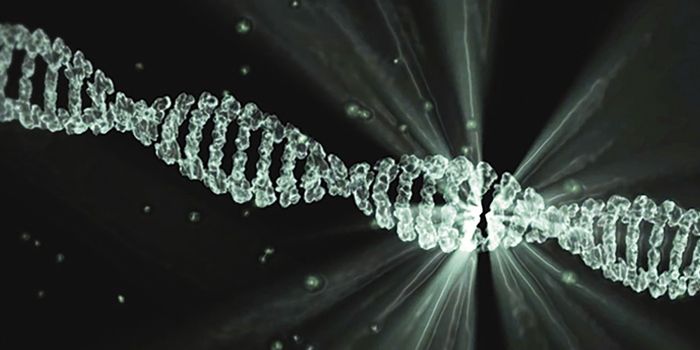Less Body Fat in Those With 'Sweet Tooth Gene'
While people carry the same set of genes, there can be small variations within those genes that influence our biology. Last year, scientists at the University of Copenhagen found a gene variant that appears to give people a sweet tooth. Now they have learned that the same variant predisposes people to have less body fat than everyone else. These findings, which were published in Cell Reports, came as a surprise to the researchers, who found that change in the FGF21 gene; the sweet tooth gene is called so because it's carried by people that tend to consume more sugar than other people do. The research is briefly summarized in the video.
“It sort of contradicts common intuition that people who eat more sugar should have less body fat. But it is important to remember that we are only studying this specific genetic variation and trying to find connections to the rest of the body. This is just a small piece of the puzzle describing the connection between diet and sugar intake and the risk of obesity and diabetes,” said one co-author of the study, Associate Professor Niels Grarup from the Novo Nordisk Foundation Center for Basic Metabolic Research.
The gene variant also seems to contribute to a buildup of fat around the waist, and increased blood pressure. Neither an increase in waist circumference, nor high blood pressure is good for health, showing that the variant is not necessarily a beneficial one.
.
The researchers drew on a wealth of data to reach their conclusions. Health information that was obtained from over 450,000 people who are willing participants in the UK Biobank was used in the report; that data includes blood samples, genetic information, and questionnaires about diet among other things.
“Now that so many people are involved in the study, it gives our conclusions a certain robustness. Even though the difference in the amount of body fat or blood pressure level is only minor depending on whether or not the person has this genetic variation or not, we are very confident that the results are accurate. Around 20 percent of the European population has this genetic predisposition,” noted Grarup.
This work will ultimately aid in the design of drugs that could treat obesity or diabetes; it may be possible to replace to alter FGF21, the so-called genetic sweet tooth.
“Due to its connection with sugar, FGF21 constitutes a potential target in the treatment of for example obesity and diabetes. This research helps us to understand the underlying mechanisms of the hormone and to predict its effects and side effects,” added Grarup.
Sources: AAAS/Eurekalert! Via University of Copenhagen, Cell Reports









